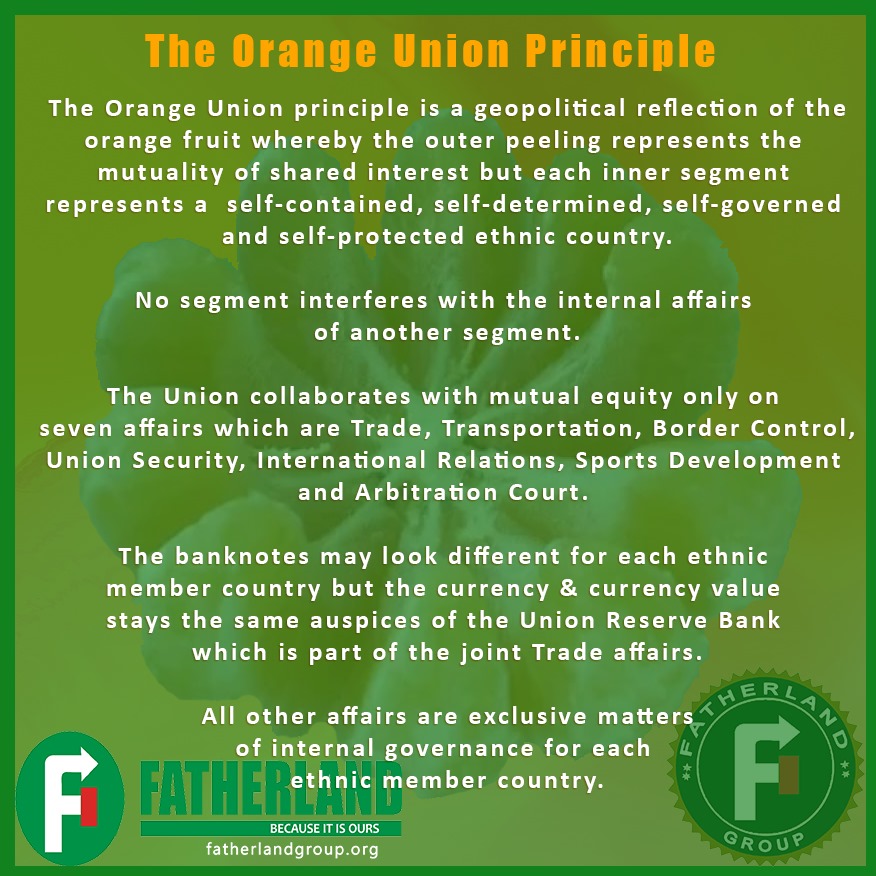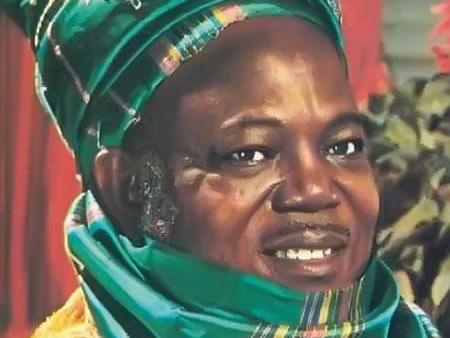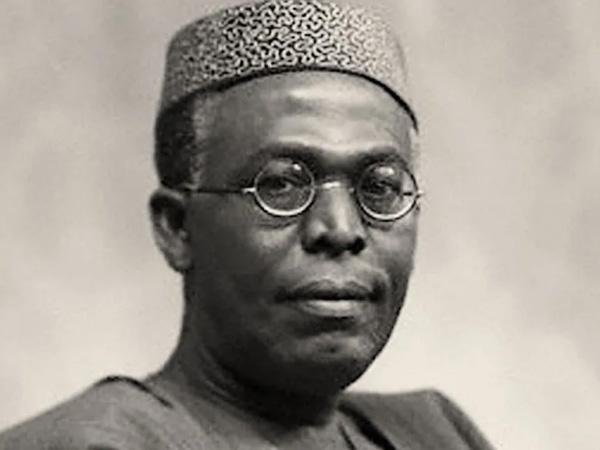Orange Union
The Fatherland Group is a global network of forward thinking Nigerians armed with a new understanding of our past, our present and our future.


Sir Ahmadu Bello
My Life
We must aim at a looser structure for Nigeria while preserving its general pattern - a structure which would give the regions the greatest possible freedom of movement and action; a structure which would reduce the power of the Centre to the absolute minimum and yet retain sufficient national unity for practical and international purposes.

Chief Obafemi Awolowo
autobiography
"Each group however small, is entitled to the same treatment as any other group however large. Opportunities must be afforded to each to evolve its own to evolve its own peculiar political institution. Each group must be autonomous in regard to its internal affairs . . . In dividing Nigeria into regions, it is therefore necessary to group together only people who, through affinity or general experience are known to be capable of working together harmoniously. The guiding principles in dividing the country into regions must therefore be: ethnic classification, cultural affinity, common problems and perhaps administrative convenience."
Unlearning what we have Learnt
To Learn what we ought to Learn
To Protect and Progress Our Peoples
Subscribe
Useful Links
- PostsOpens in a new tab
- A Power Sharing Constitution for NigeriaOpens in a new tab
- The Orange Union PrincipleOpens in a new tab
